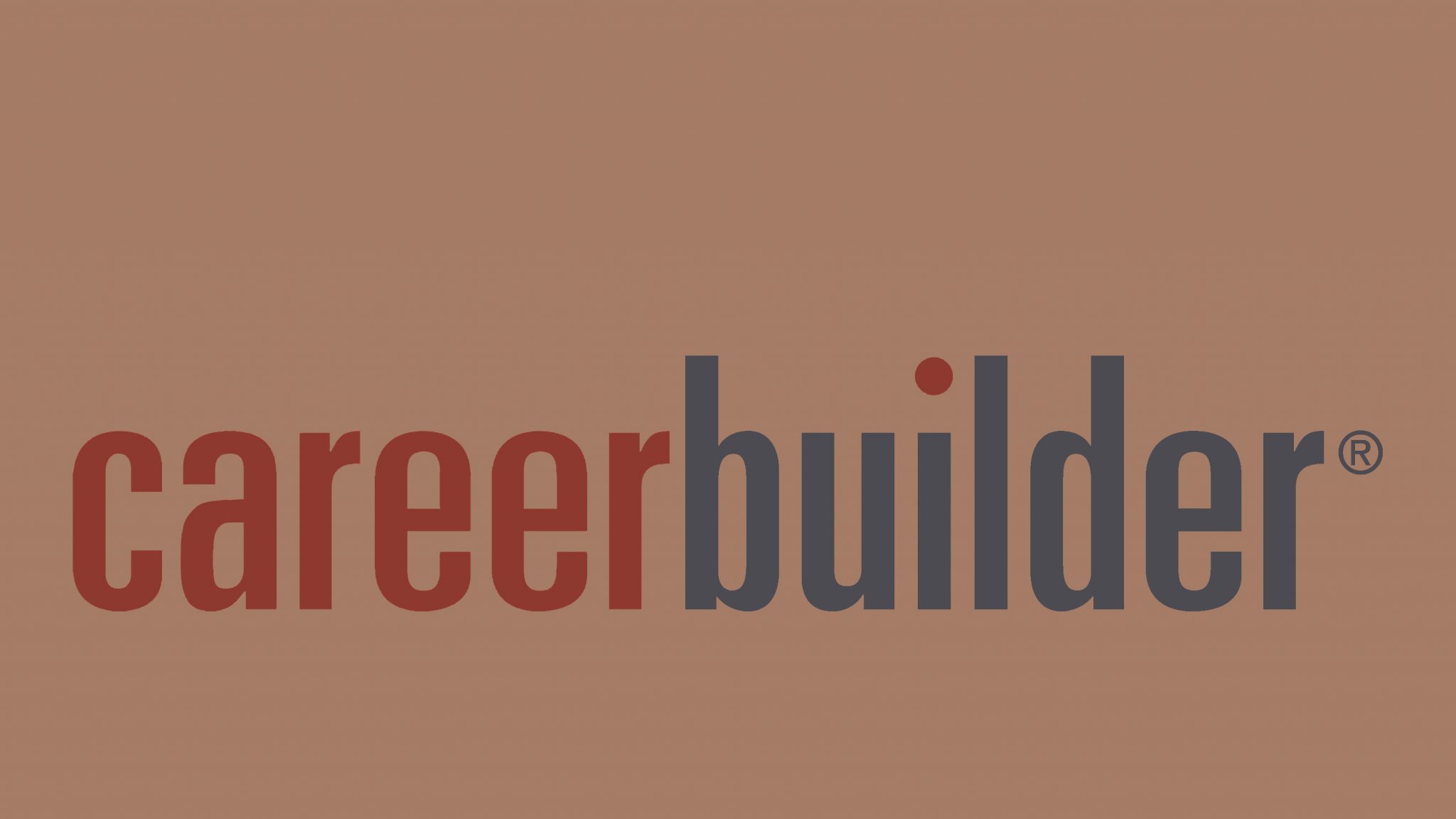Attending a work event, whether it’s a team building exercise or the company picnic, can be brutal.
What do you say to everyone?
It can be boring and lame.
But what if you could use a work event to boost your own career prospects? At the very least, you can use this as a chance to get to know others at work and creating rewarding relationships.
Networking at a work event can be a good way to improve the situation in your company and boost your own opportunities.
Figure out what you want to accomplish.
The company picnic isn’t just a place to sit around and be bored. Your team building exercise shouldn’t be about gritting your teeth and getting through it. An office holiday party isn’t an excuse to get drunk.
All of these are events that allow you the chance to make a new connection or show yourself in a good light.
Figure out what you want to accomplish ahead of time. Do you want to spend a couple minutes speaking with the boss? Do you want to get to know someone in another business unit?
As you’re networking at a work event, concentrate on your objective and what you hope to gain from it. Getting to know someone in another area of the business might be useful if you want to make a lateral move. Face time with the boss is always a good thing.
Maybe you just want to show yourself a friendly and enthusiastic presence in the office — someone others speak well of.
Once you know what you hope to accomplish, you can create a game plan.
Work on rapport.
Networking at a work event is all about building relationships. You want to work on a rapport with others. You can’t just show up and then ask people for something.
Instead, take an opportunity to show interest in others and build a solid foundation.
In any networking situation, building rapport is important. However, it’s extra-important at a work event. You need to be able to call on your relationship with others later on.
Building these relationships can also help your career later. When you network, you get a chance to let others get to know you. If there is a promotion opportunity or some other chance to advance, you are more likely to come to mind if you have been building relationships.
Ask questions.
Ask good questions and glean insights. If you can get the other person talking, you can learn about them. And you also help them feel as though they have had a great conversation.
Think of some good, relevant questions to ask before the work event. Insightful questions go a long way toward impressing others. Show you are a good listener, willing to learn and ready to ask good questions, and you might be surprised at how much that can help you in the long run.
Don’t be too pushy, though.
One of the most difficult parts of networking at a work event is avoiding being too pushy. In some cases, your coworkers are just trying to relax.
So, even though you definitely want to do a bit of networking, don’t be too pushy about talking about work. No one wants to do a deep dive into next quarter’s projections at the summer picnic. Instead, keep your networking to somewhat light topics, or ask a more general question about where you think the company stands in relation to other firms in the industry.
Try to be engaging without being overbearing. The idea is to show yourself as open and insightful, but you also need to know when to have fun.
Offer help.
A key tenet of networking, no matter the situation, is offering help first. Rather than asking what others can do for you, try to figure out how you can help others.
Think about what you have to offer. How can you help someone else with a work project or assignment? Can you be an asset? Do you have a good idea that could provide special help to someone else?
Know what you have to offer, and then offer it. Take an interest in at-work struggles and then show how you can help solve the problem. It’s a way to be valuable, and show your interest in teamwork.
Later, others will want to help you and recommend you.
Be yourself.
Ah, the most cliché advice ever. But it’s true. It’s especially important to be yourself when networking at a work event. These are people who will find out pretty quickly if you’re faking something.
It’s always best to be yourself when you’re networking. You want to be the best version of yourself, of course, but you do still need to be yourself.
As you are genuine, you are more likely to make real connections that last your career — and can even enrich your life beyond work.


![[A072] Score That Interview: Make a Resume That’s Legit](https://adulting.tv/wp-content/uploads/2017/05/a072-1200x628.jpg)






![[A068] Get That Paper: Ask for a Raise You Deserve](https://adulting.tv/wp-content/uploads/2017/04/a068-1200x628.jpg)




![[A060] You’re the Person Now: Manage Your Peers Like a Boss](https://adulting.tv/wp-content/uploads/2017/01/a060-1200x628.jpg)

